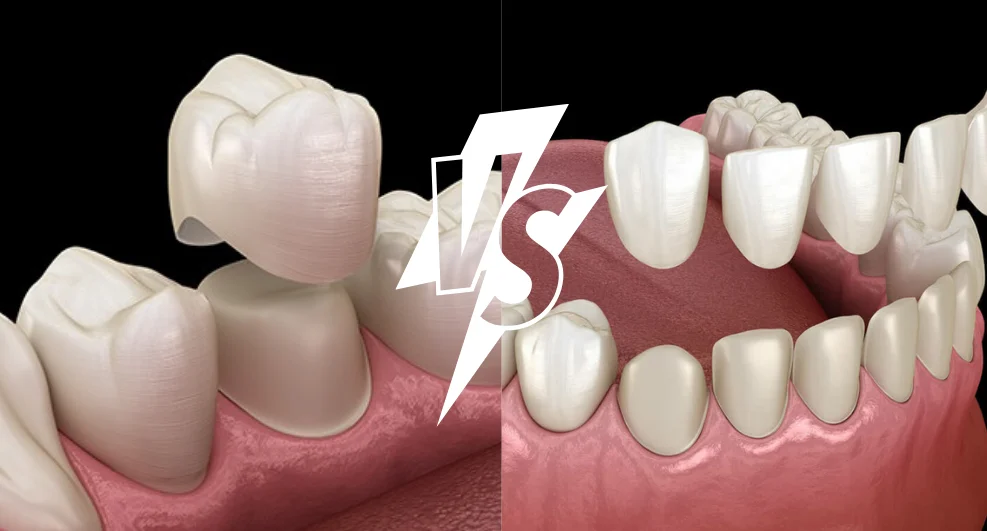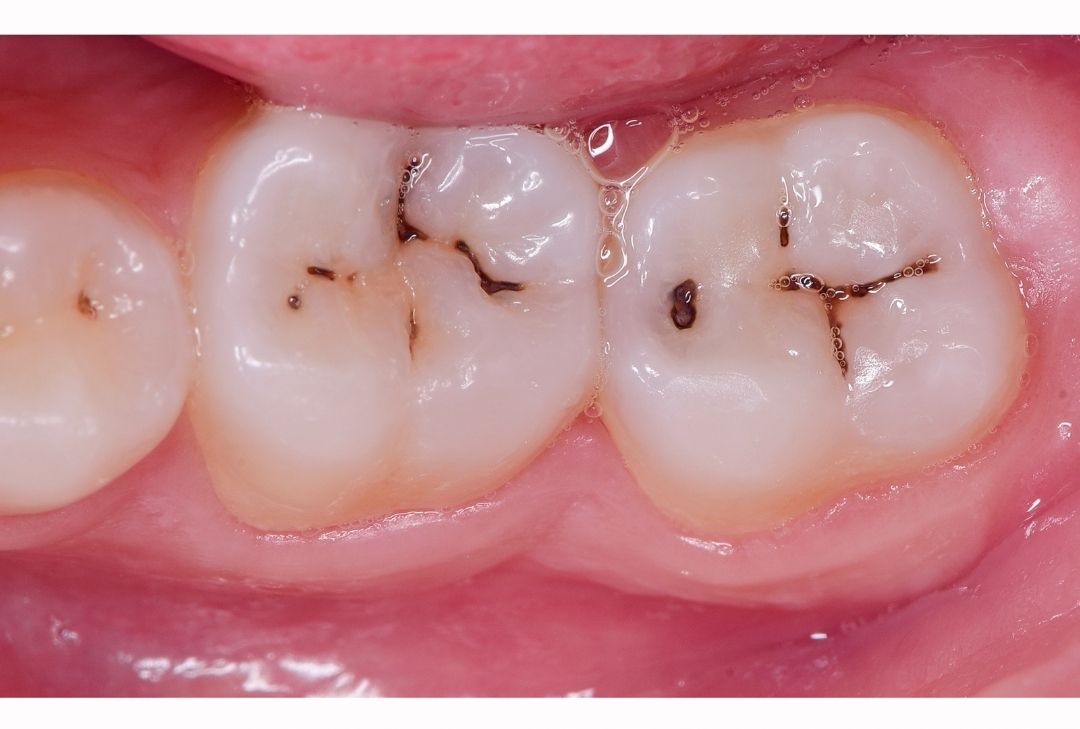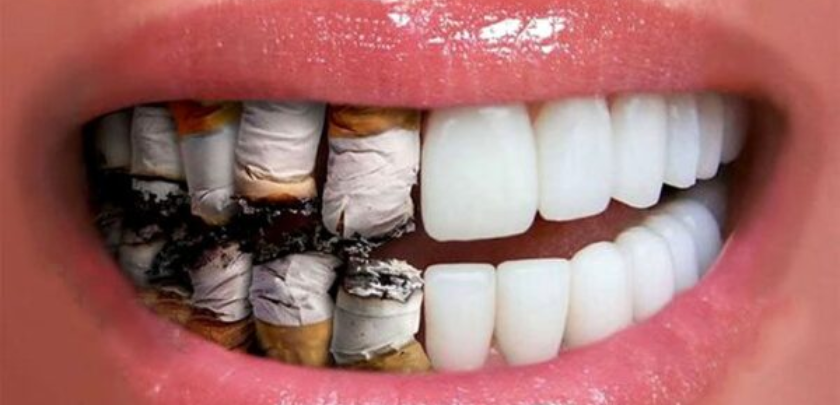Crowns vs. Veneers: Choosing the Right Restoration
Are you considering improving the appearance of your teeth? Crowns and veneers are two popular dental restorations that can help you achieve a more beautiful smile. But how do you know which one is right for you?
In this article, we’ll explore Crowns vs Veneers , including their uses, materials, and costs. By the end, you’ll have a better understanding of which option is best suited to your needs.
What are crowns?
Crowns, also known as caps, are full-coverage restorations that cover the entire visible portion of a tooth. They are typically used to:
- Protect a severely damaged or weakened tooth: Crowns can prevent further damage and restore the tooth’s strength.
- Restore a tooth after a root canal: Crowns can be placed over teeth that have undergone root canal treatment to seal and protect the tooth.
- Improve the appearance of a discolored or misshapen tooth: Crowns can help to create a more aesthetically pleasing smile.
Common materials for crowns include:
- Porcelain: Known for its natural appearance and durability.
- Metal-ceramic: A combination of metal and porcelain, offering strength and aesthetics.
- All-ceramic: Made entirely of ceramic for a highly natural look.
Advantages:
- Durability: Crowns are highly durable and can last for many years with proper care.
- Strength: They can restore strength to severely damaged or weakened teeth.
- Versatility: Crowns can be used to address a variety of dental issues, including discoloration, chipping, cracking, and missing teeth.
Disadvantages:
- Irreversibility: Once a crown is placed, it cannot be removed without replacing the entire crown.
- Preparation: Crowns require more extensive tooth preparation than veneers, involving the removal of a portion of the tooth’s enamel.
- Cost: Crowns are generally more expensive than veneers.
What are veneers?
Veneers are thin, custom-made shells that are bonded to the front surfaces of teeth. They are primarily used for cosmetic purposes to improve the appearance of teeth that are:
- Discolored: caused by various factors, including stains from food, drinks, smoking, or certain medications. It can also be an intrinsic stain, meaning the discoloration is present within the tooth itself.
- Chipped: teeth can be chipped by accidents, trauma, or biting down on hard objects.
- Crooked: teeth can be crooked by genetics, habits like thumb-sucking, or jaw misalignment.
- Gapped: gaps between teeth can be caused by genetics, tooth loss, or jaw misalignment.
Veneers are typically made from porcelain or composite resin.
Advantages:
- Minimal tooth preparation: Veneers require less removal of tooth enamel than crowns.
- Natural appearance: Veneers can provide a very natural-looking smile.
- Versatility: They can be used to address a variety of cosmetic issues, including discoloration, chipping, and gaps.
Disadvantages:
- Longevity: Veneers may not be as durable as crowns and may need to be replaced over time.
- Irreversibility: Once veneers are applied, they cannot be removed without replacing them.
- Cost: While generally less expensive than crowns, veneers can still be a significant investment.
Which is right for you?
The decision between crowns and veneers depends on several factors, including:
- The extent of tooth damage: If a tooth is severely damaged or weakened, a crown is typically the best option.
- Aesthetic goals: If you are primarily concerned with improving the appearance of your teeth, veneers may be a suitable choice.
- Budget: Crowns generally cost more than veneers.
Our experienced dentists will carefully assess your needs and recommend the most suitable treatment, whether it’s porcelain veneers, dental crowns, or another option. Schedule a consultation today to learn more.




















